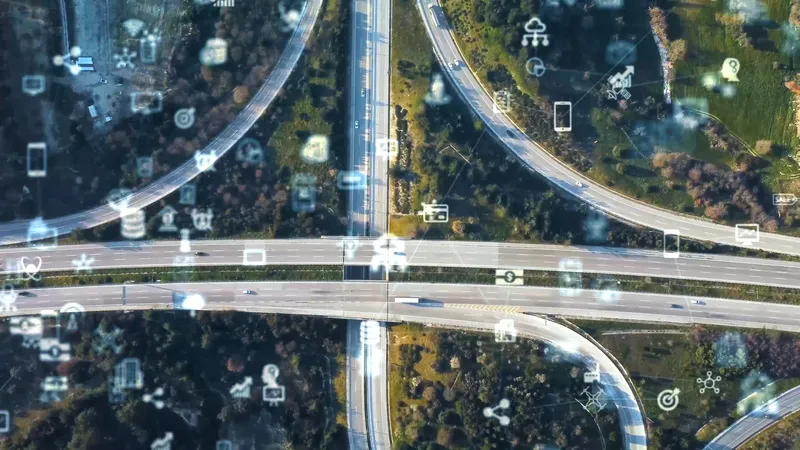
Transportation software specialist Flow Labs has established a traffic safety data agreement with Michelin Mobility Intelligence, a global mobility data services and solutions provider.
Flow Labs' digital twin platform uses artificial intelligence to enrich multiple data streams – including signal data, detection data and connected vehicle data from a range of partners. The platform then puts the data into a comprehensive traffic management platform that optimises traffic flow, traffic safety and environmental emissions while enhancing overall regional mobility.
With the inclusion of Michelin Mobility Intelligence’s Safer Roads data products, Flow Labs says its platform will have a broader capability to identify and provide decision support wherever there is excessive speeding, near misses, hard acceleration and braking and improper phone handling, both historically and in real-time. The data can also help agencies understand if weather or bright sunlight played a role in any of the captured events.
“Working with a partner with global automotive experience like Michelin Mobility Intelligence puts us at the forefront of helping DoTs improve road safety in a scalable and affordable way,” said Jatish Patel, founder and chief executive of Flow Labs.
“These datasets can enable engineering teams to pinpoint safety issues across entire transportation networks, and also accurately measure the impact of safety decisions, policies or physical modifications to the roadway.”
Data shows that 90% of crashes are a direct result of risk-taking driver behaviour. By using connected vehicle information and AI, the Flow Labs platform can discover where the key indicators of crashes exist across an entire traffic network. By combining these behavioural insights with roadway volumes and reported crash data, engineering teams can proactively visualise safety risks, diagnose safety issues, and help agencies deploy safety projects and measure project impacts.
The Flow Labs platform integrates data from multiple sources, both historically and in real-time. This capability enables the system to collect data on an array of other critical driving behaviours, such as running red-lights and dilemma zone entry - where, at the onset of yellow, some drivers may decide to proceed and some may decide to stop.
Additionally, the system integrates locations-based services and pedestrian push button data to identify pedestrian safety risks and conflicts with vehicle movements. Flow Labs said that this makes its platform one of the most comprehensive traffic safety solutions available to highway agencies.
“By working with groups like Michelin Mobility Intelligence, we now have the tools to anticipate crashes and take steps to prevent them,” said Patel. “It’s time to fully embrace Vision Zero and revolutionise the way we measure and improve road safety so we can save lives.”










